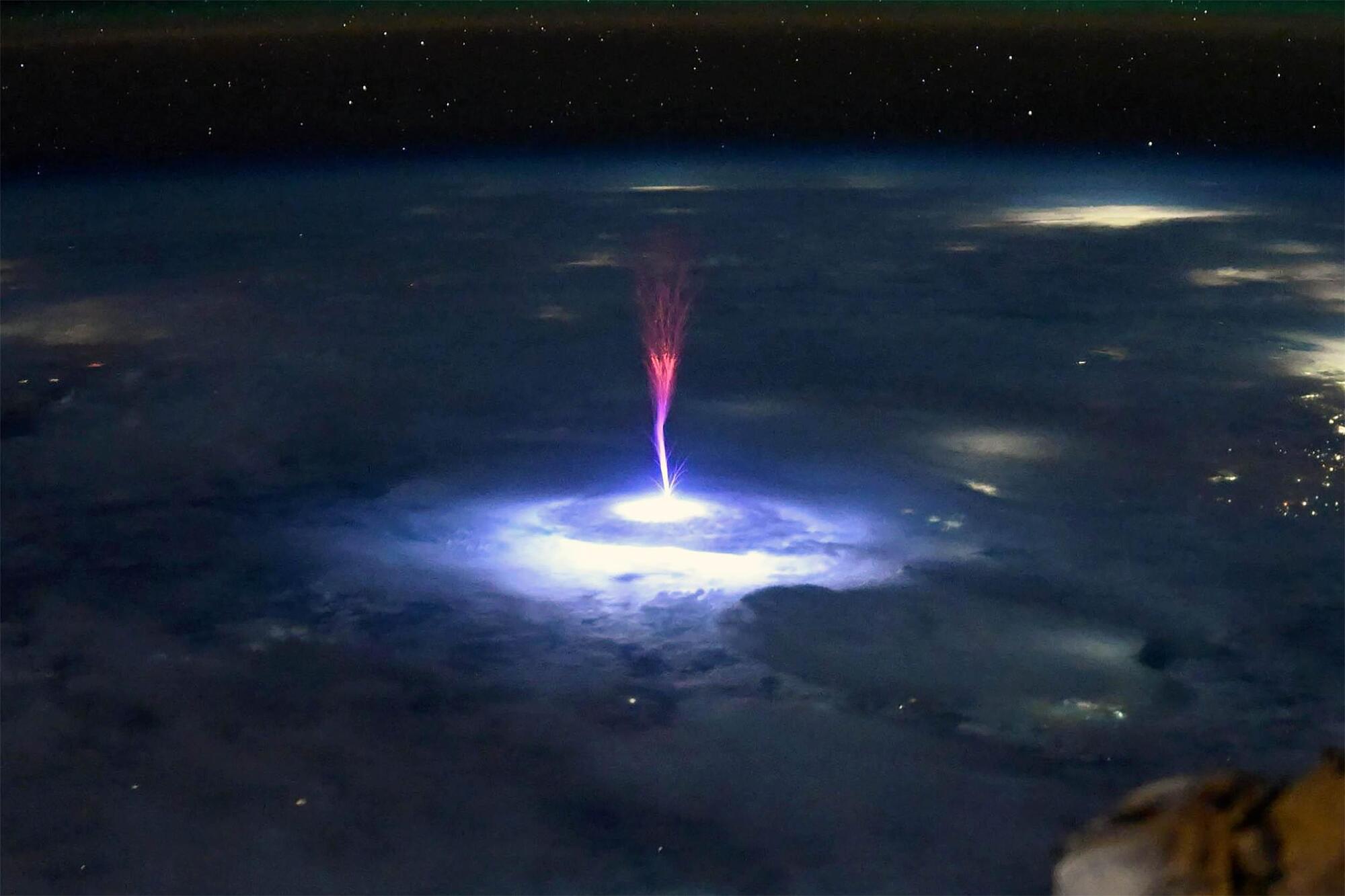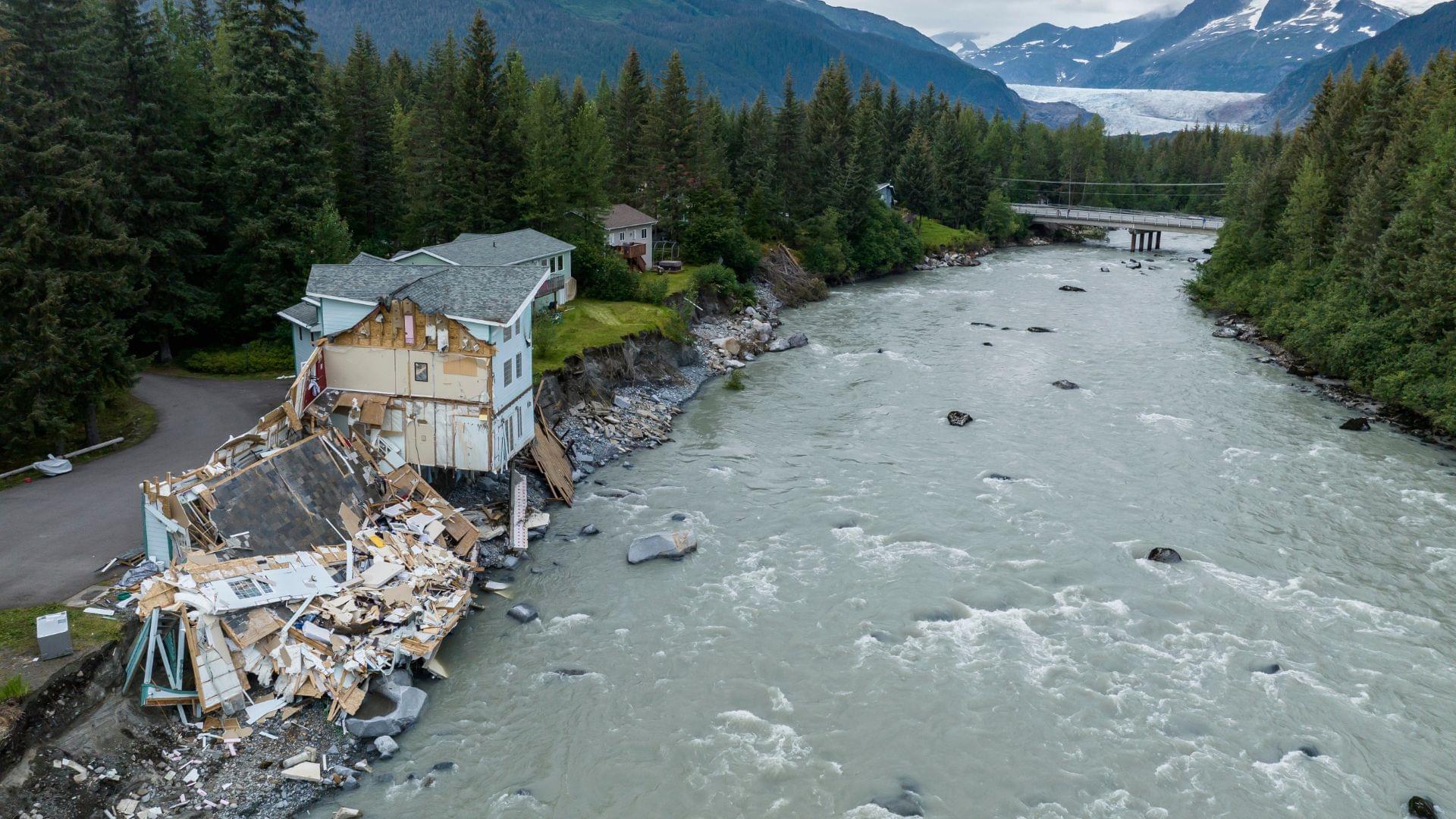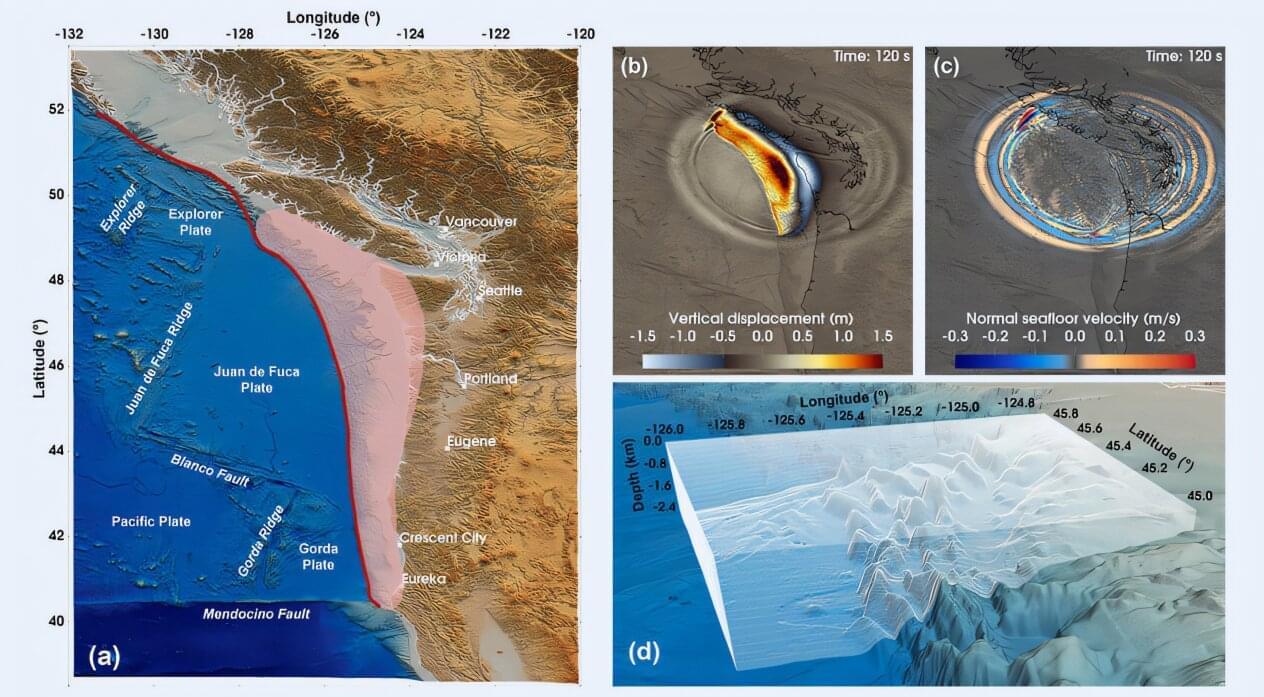Half of the sun’s radiant energy falls outside of the visible spectrum. On a cold day, this extra infrared light provides additional warmth to residential and commercial buildings. On a warm day, it leads to unwanted heating that must be dealt with through energy-intensive climate control methods such as air-conditioning. Visibly transparent “smart windows” that can modulate the transmission of near infrared light offer one potential cost- and energy-saving measure for modern infrastructure. To work towards solving this technological challenge, a multidisciplinary team of researchers at






